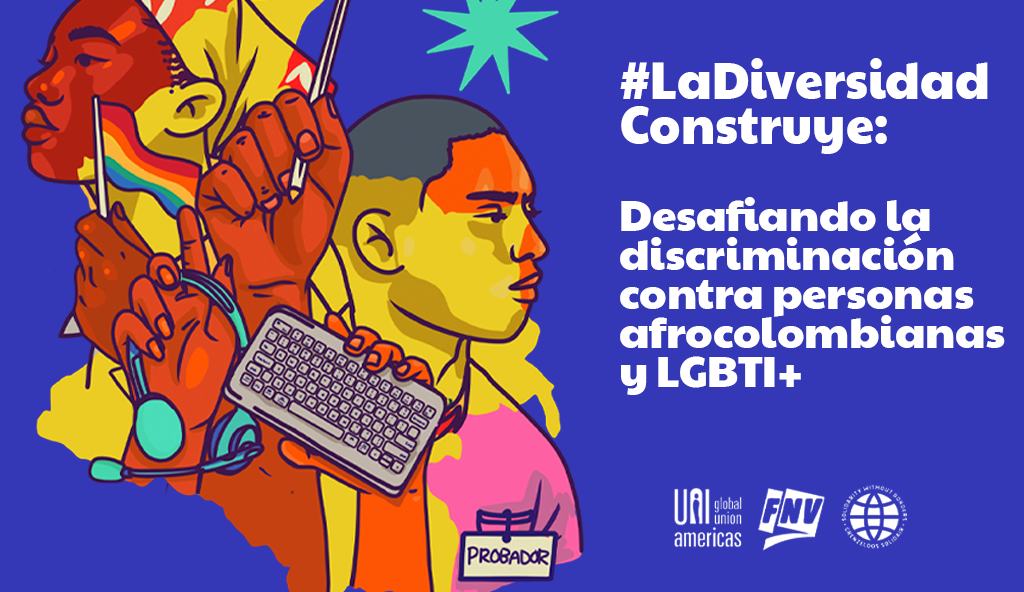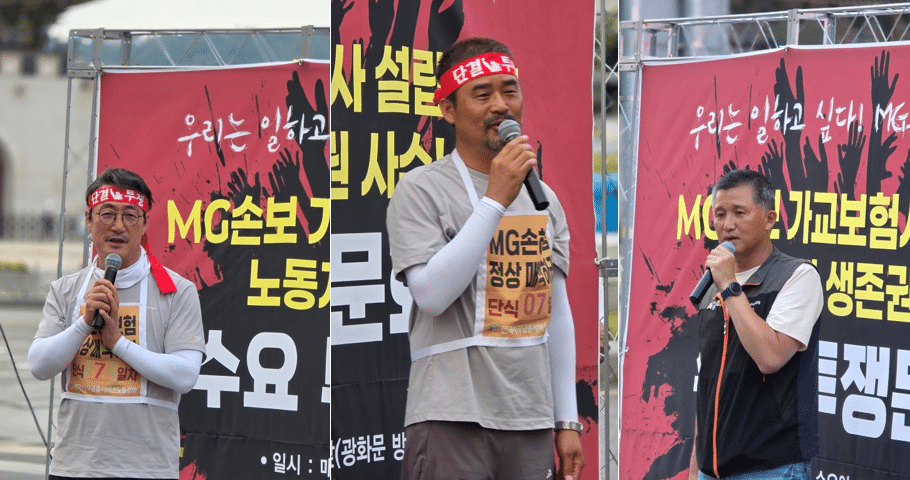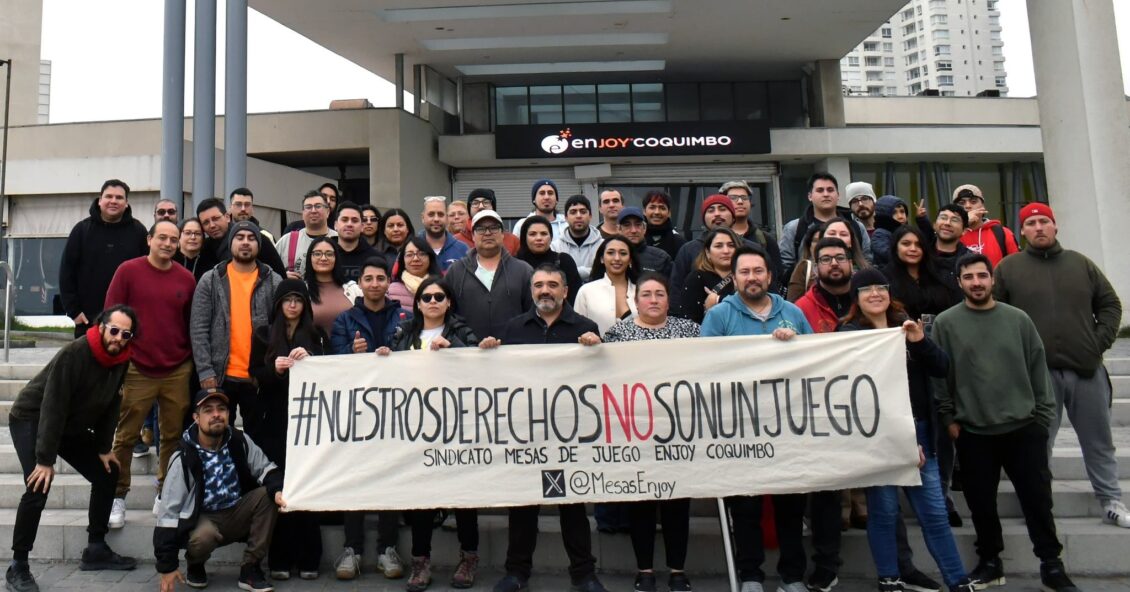Report evidences discrimination against Afro-Colombian and LGBTI+ people in commerce and icts sector in colombia
01.12.23
On 29 November in Bogotá, UNI Americas and Colombian affiliates Unión Comercio, Sintrasodimac and Utratics launched a new “Report on perceptions of labour discrimination against Afro-Colombian and LGBTI+ workers in the Commerce and ICT sector.”
The document analyses the experiences of more 500 workers, collected in a survey started in April, and it assess the working conditions in the commerce and ICTS sectors, focusing on aspects of discrimination against workers belonging to the LGTBI+ population. Additionally, it sought to identify qualitative elements regarding the discrimination processes faced by workers due to their ethnic-racial background or diverse gender/sexual identity.
Both sectors employ a significant number LGBTI+ workers, and the study also addresses the types of violence and discrimination these workers face. It acknowledges, for instance, that humor has been a means to express violence towards these workers. Additionally, there is violence stemming from prejudice, where Afro and diverse individuals in the workforce are rendered invisible and hidden, demonstrating the manifestation of institutionalized racism.
“When I am in the aisle, and there are customers or they are going to open the store, my boss orders me to enter the warehouse and to stay there until the end of my shift, he tells me not to leave because I give a bad image,” says a testimony of an Afro-Colombian worker.
A key point in the results is the high proportion of survey respondents expressing interest in learning more about discrimination, harassment, and violence against individuals identifying as part of the LGBTI+ community or as Afro-Colombian. Similarly, nearly half of those who responded to the survey indicated their support and interest in working towards the defense and recognition of the labour and union rights of these groups.
The workers surveyed showed a strong acceptance and high opinion of trade unions. Respondents recognized unions’ power to help create safe and protective environments. This recognition opens the way for union actions aimed at promoting and demanding respectful workplaces free from discrimination and violence.
“Unionism is created on solidarity, if we work together we build more strength. We are very happy that UNI Americas has initiated this process, because visibility is the first step,” said Peter Mekers, Secretary of the FNV Rainbow Network, the organization that funded this project.
“This was a pilot effort, and we did this study to find out how Afro and LBGTI+ people are facing situations of discrimination and exclusion, with the aim of turning them into demands, which unions can later transform into new rights through collective bargaining,” said Andrea García, Coordinator of the Equal Opportunities Department for the Americas.
“UNI affiliates are part of the group that has worked on the ratification, in order to continue pushing for the ratification of Convention 190. This is a commitment from all sectors to have safe environments free of violence and harassment for all workers”.
The report is in Spanish and you can access here.


